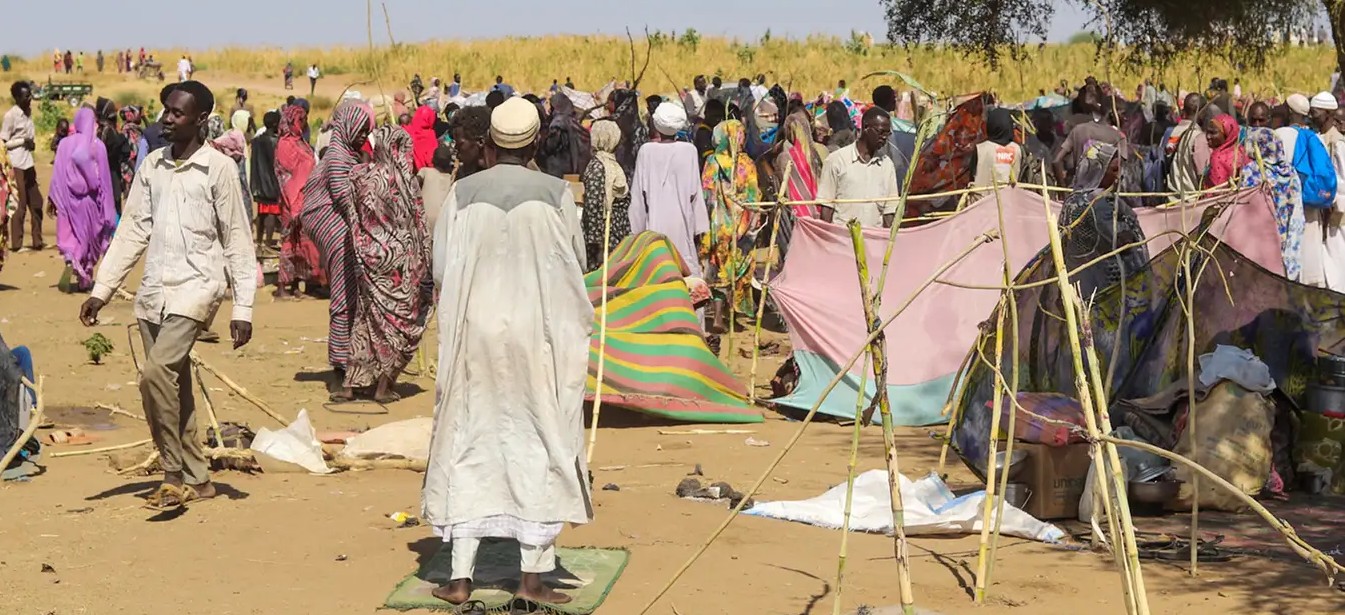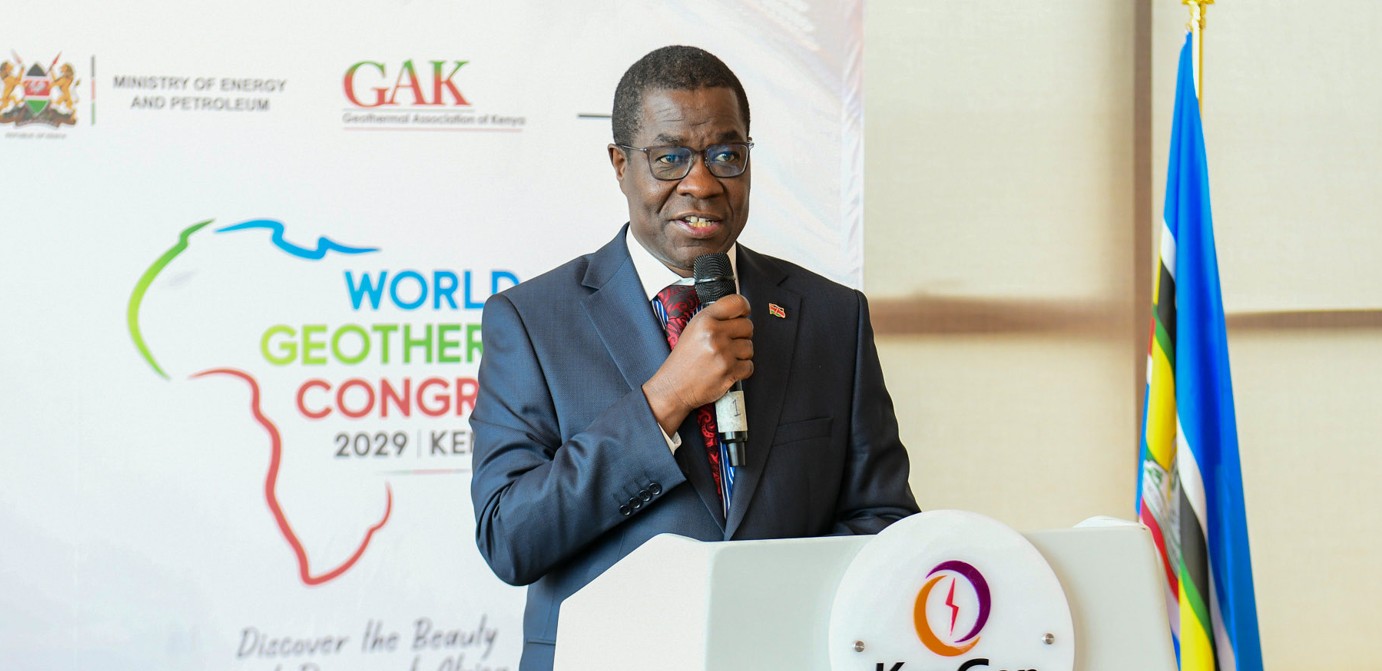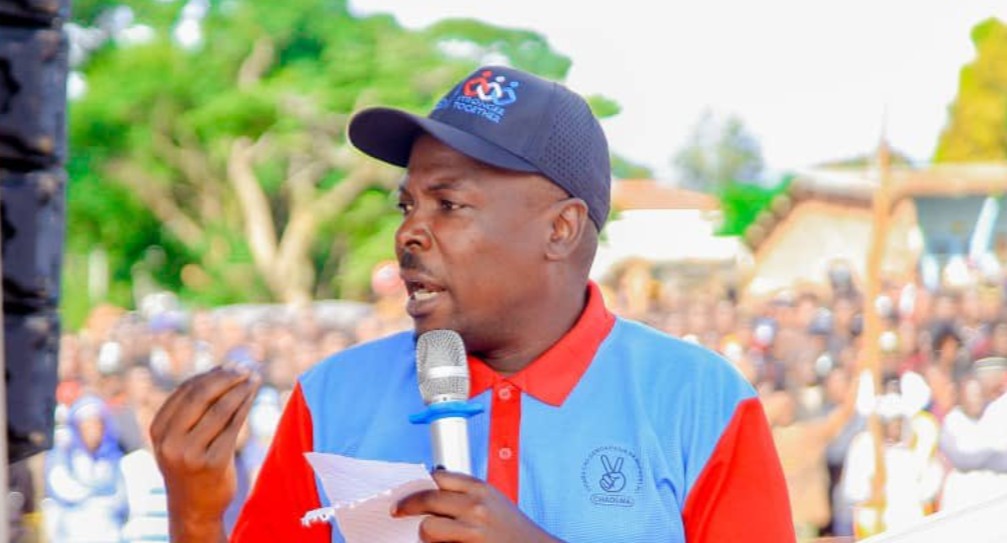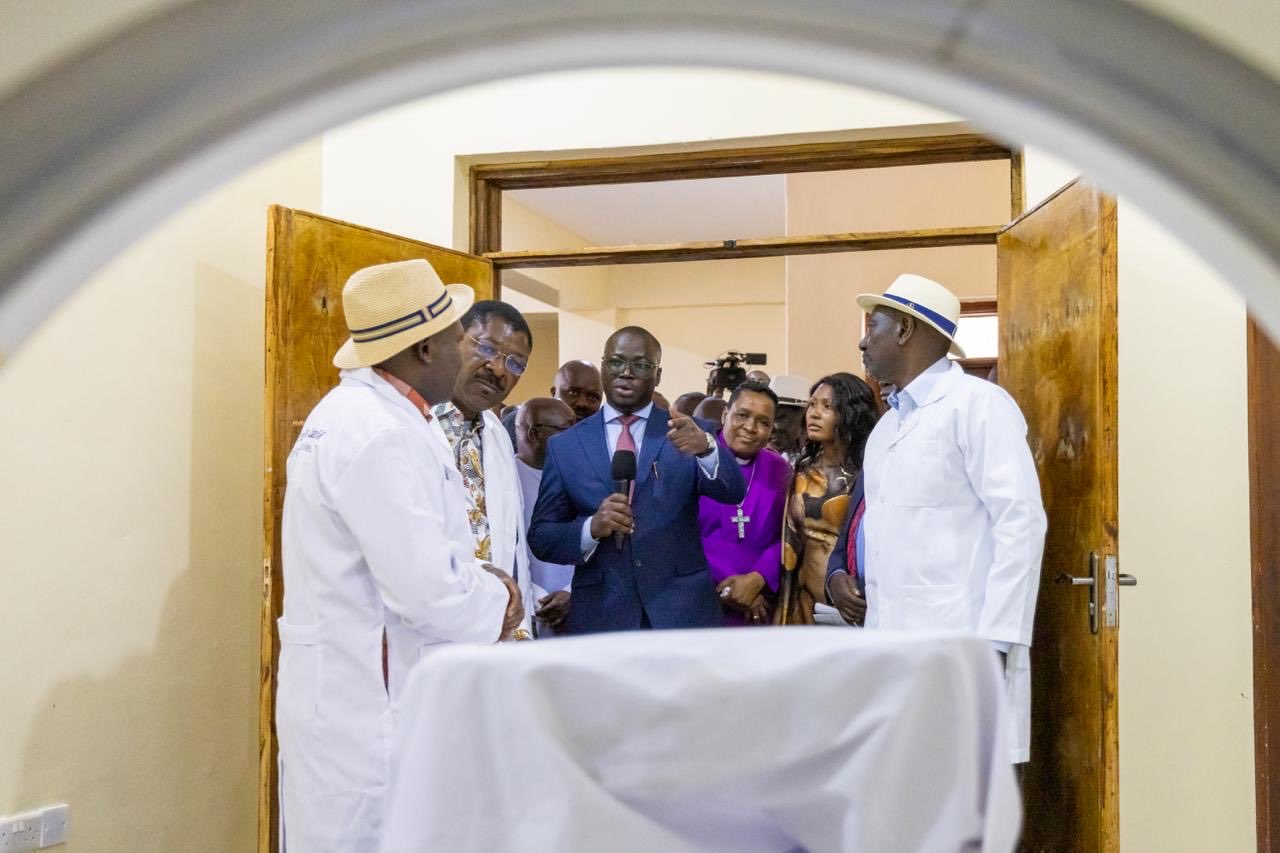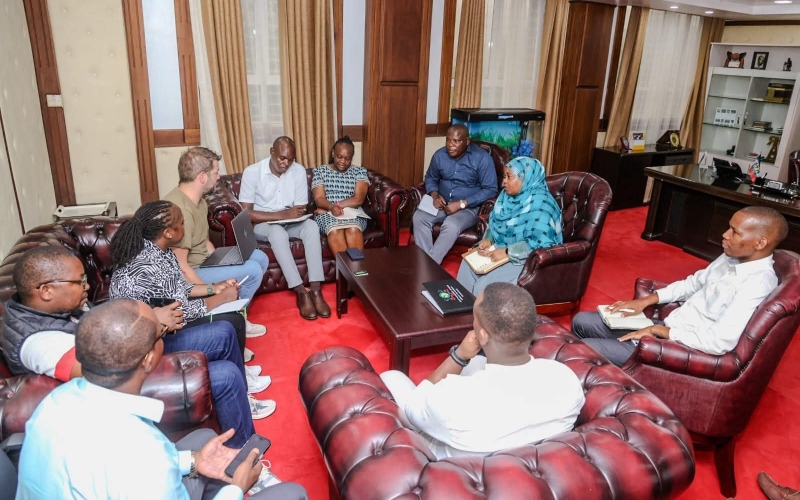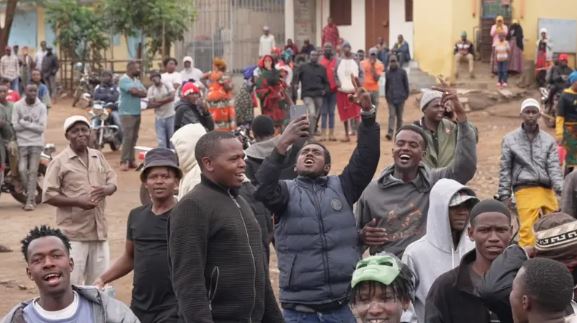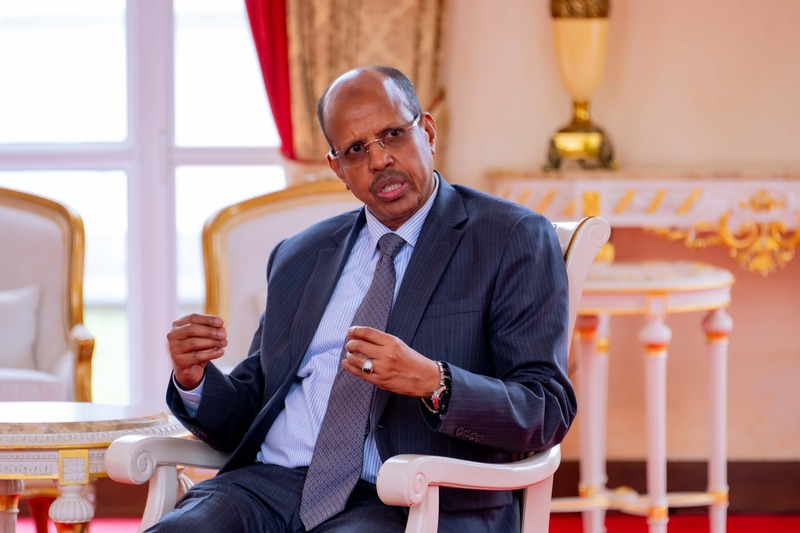Faith groups warn Religious Bill violates church-state separation
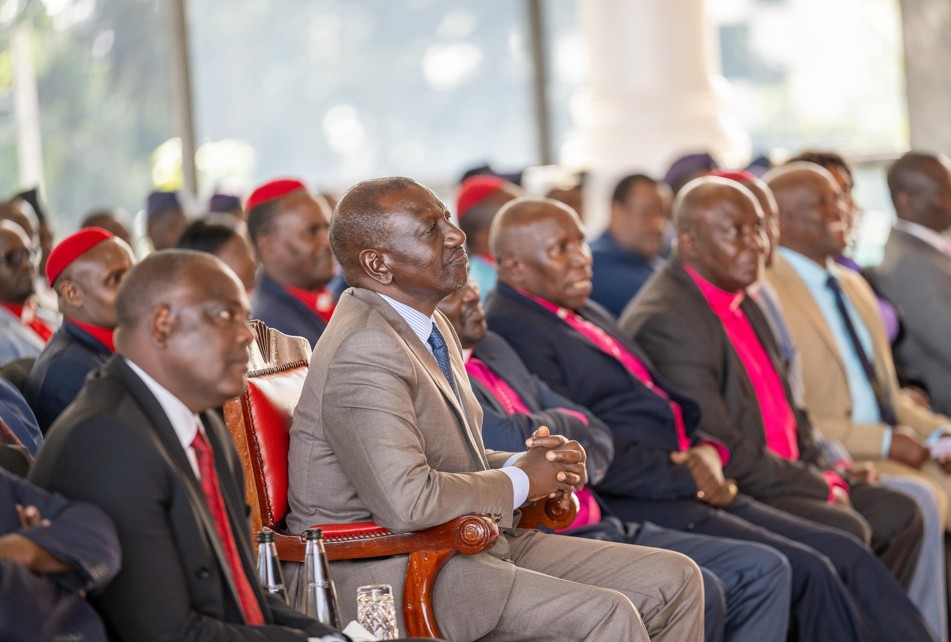
The Bill seeks to criminalise using religion to gain political influence, coerce people into harmful practices, or extort money through false promises of miracles or blessings.
Religious leaders in Kenya have openly opposed the government’s plan to introduce a new legal framework regulating religious activities, warning that it threatens the independence of faith organisations and the constitutional separation of church and state.
The draft Religious Organisations Policy, 2024 and draft Religious Organisations Bill, 2024, which aim to oversee and control religious groups, have been labelled “anti-Christ” by church leaders and faith bodies who say the proposals impose excessive State interference.
More To Read
- Religious leaders reject state bid to regulate faith-based groups, cite threat to worship freedom
- Garissa peace advocates demand end to inter-communal land skirmishes fuelling violence
- Section of SUPKEM members demand fresh elections amid protests over leadership
- NACADA, clergy join forces to confront drug crisis at the Coast
- Quba Mosque reopens after Garissa Governor Nathif Jama, SUPKEM broker peace
- 5,000 Kenyan Muslims to take part in 2026 Hajj pilgrimage
During a press briefing on Wednesday, the Church and Clergy Association of Kenya (CCAK) called on President William Ruto to halt the process and ensure that religious groups are consulted before any regulations are enforced.
“The Constitution is clear that state and religion shall be separate. We wonder why the government is keen on regulating religious institutions while introducing punitive fines and jail terms,” said Bishop Hudson Ndeda, the CCAK national chairperson.
The association also raised concerns that the government plans to target online preaching and Christian television networks under the guise of curbing religious extremism.
“We strongly reject the proposals. We know that the same punitive fines and jail terms proposed in the Bill are the same ones introduced in the Computer and Cybercrime Act. The mention of some umbrella body and the formation of a commission in the Bill is suspect and discriminatory, and goes against our freedom of association. We don’t subscribe to them and they do not represent our views in any way, Bishop Ndeda added.
CCAK secretary-general Bishop Jones Ochieng warned that while the government’s aim to prevent tragedies like the Shakahola incident is understandable, penalising all religious groups because of isolated cases would damage the cooperative relationship between faith institutions and the State.
The proposed legislation originates from the Presidential Taskforce on the Review of the Legal and Regulatory Framework Governing Religious Organisations, chaired by Rev Mutava Musyimi.
The task force was formed following the Shakahola tragedy, which claimed the lives of over 500 people under a self-styled pastor.
Other religious bodies, including the Deliverance Church of Kenya, Pentecostal Church of Kenya, and Supreme Council of Kenya Muslims (Supkem), have also rejected the proposals, stating that their input was overlooked during the task force consultations.
Supkem national chairperson Hassan Ole Naado said the Bill falsely suggests that Kenya lacks mechanisms to manage disputes among religious organisations.
“The Supreme Council notes with great concern that the Religious Affairs Commission established under Clause 6 of the Bill has immense powers over sensitive matters of religion, yet the said Commission is certainly not among the Commissions and Independent Offices established under Article 248(2) of the Constitution,” Ole Naado said.
The Deliverance Church added that the draft law would place churches under State supervision as if they were government agencies.
Bishop Geoffrey Njuguna stated: “It infringes on the constitutional right to freedom of religion and the principle that Kenya shall have no state religion. Furthermore, the involvement of four government officials as commissioners in the nine-member Religious Affairs Commission undermines the concept of self-regulation. Churches already operate under individual constitutions with clear policy guidelines.”
Pastors from the Pentecostal Church of Kenya, including Habil Olembo and Peter Manyuri, described the Bill as “anti-Christ”, arguing that fines and jail terms for pastors receiving offerings from believers are unreasonable.
“If the believer has given Sh100 or Sh1,000 in offering, and you later fine the pastor Sh5 million... this is how the anti-Christ is entering the church in the country,” Manyuri said.
The Bill seeks to criminalise using religion to gain political influence, coerce people into harmful practices, or extort money through false promises of miracles or blessings.
Offences under the draft law carry fines of up to Sh5 million or prison terms of up to 20 years, depending on the violation.
It also proposes establishing the Religious Affairs Commission to oversee registration, regulation, and supervision of faith organisations.
However, church leaders argue that placing such powers in a government body would compromise the independence of religious institutions and create unnecessary conflict between the State and faith communities.
Top Stories Today




